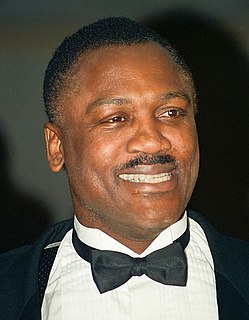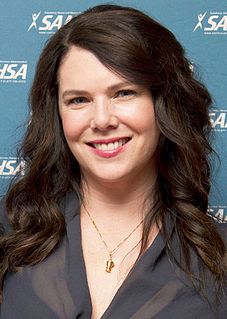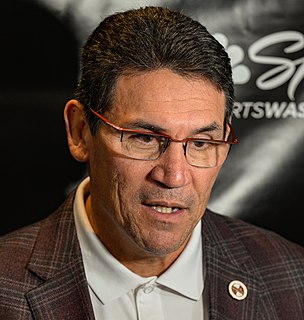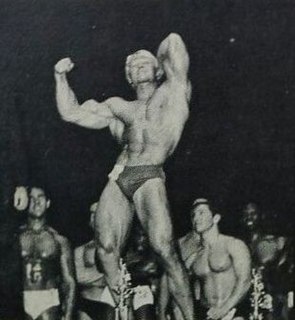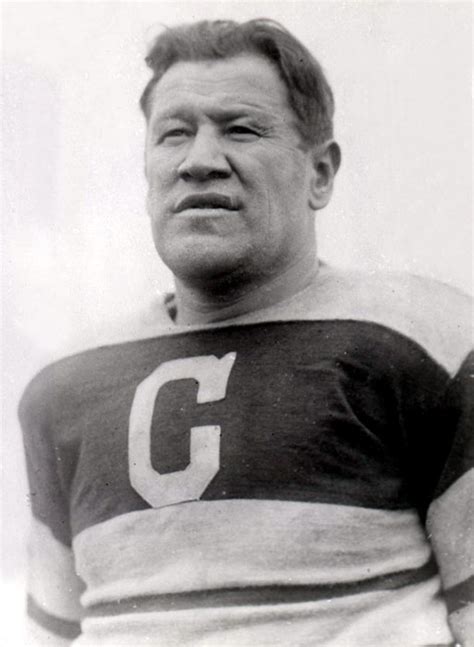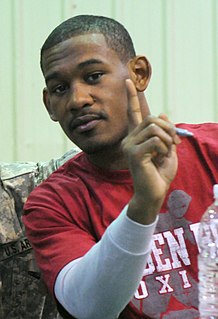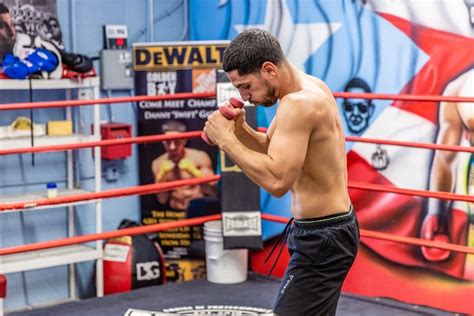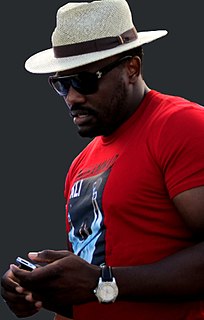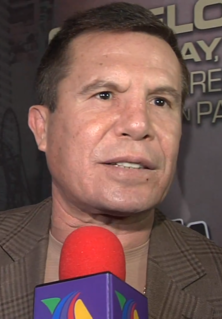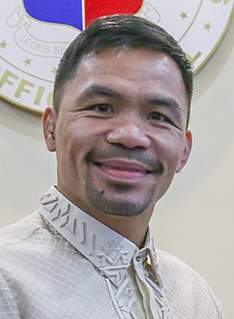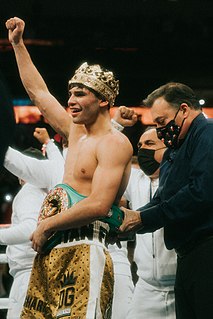A Quote by Joe Frazier
You can map out a light plan or a life plan, but when the action starts, it may not go the way you planned, and you're down to the reflexes you developed in training. That's where roadwork shows - the training you did in the dark of the mornin' will show when you're under the bright lights.
Related Quotes
I write a little plan for the day. I write down what time I need to get up to go to the race, just so I'm organised in my mind. That way all I have to focus on during the day is the race, not how I'm going to get there. When you're training it's good to know what you're doing every day. You need to have a plan.
Those who every morning plan the transactions of the day and follow out that plan carry a thread that will guide them through the labyrinth of the most busy life. The orderly arrangement of their time is like a ray of light which darts itself through all their occupations. But where no plan is laid, where the disposal of time is surrendered merely to the chance of incidents, chaos will soon reign.
Set realistic goals short and long term.
2. Plan an orderly and thorough routine to train the entire body.
3. Make a commitment to stick to your routine for four to six weeks to realize the changes and benefits, develop perseverance and create a habit.
4. Establish enthusiasm for your training, the driving force to perform successfully.
5. Ease into an appropriate training program with a wholesome, thoughtful nutritional plan: proper foods, amounts and order of consumption.
6. Be confident from the beginning that the application of these sound principles will produce the desired results.
